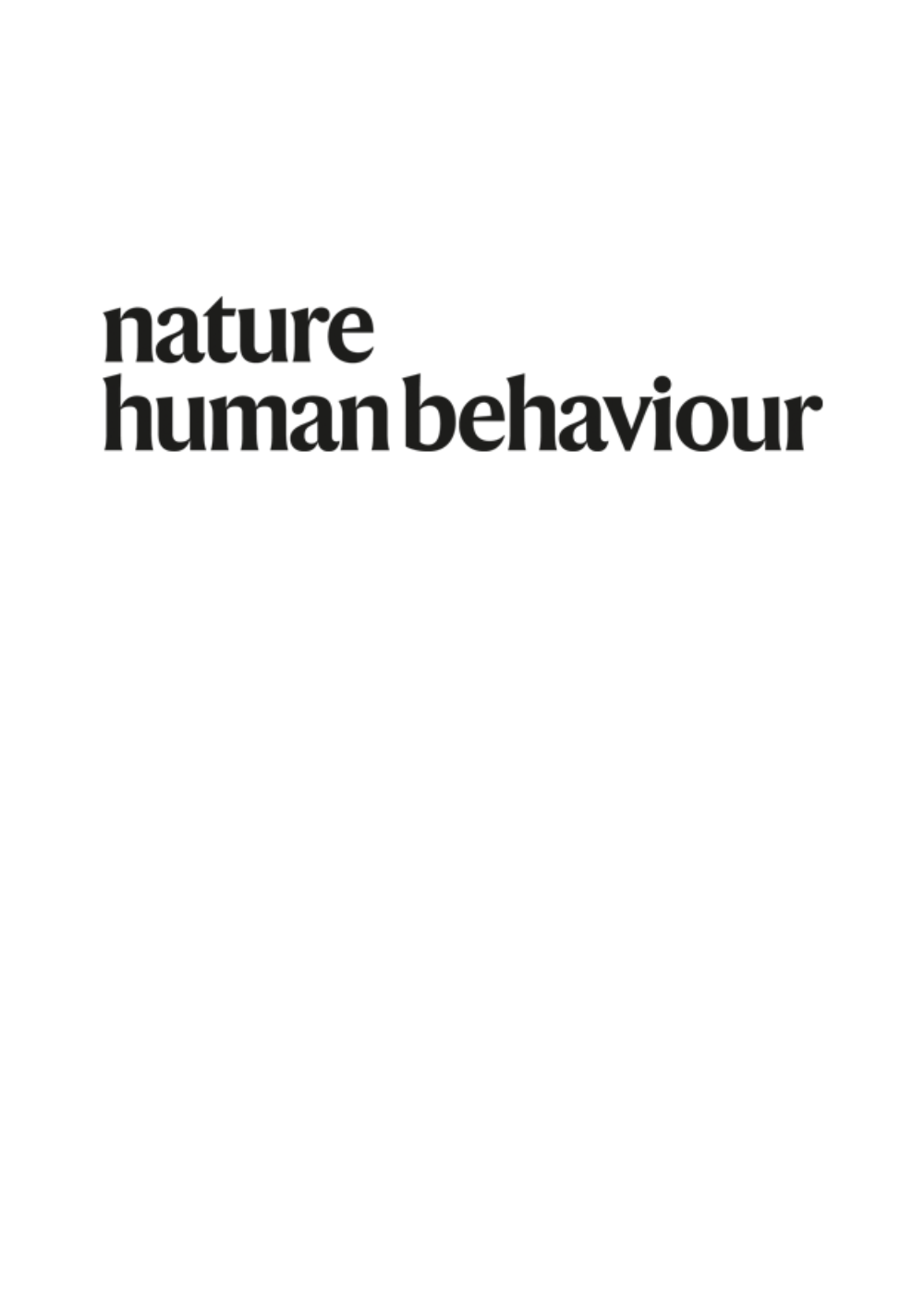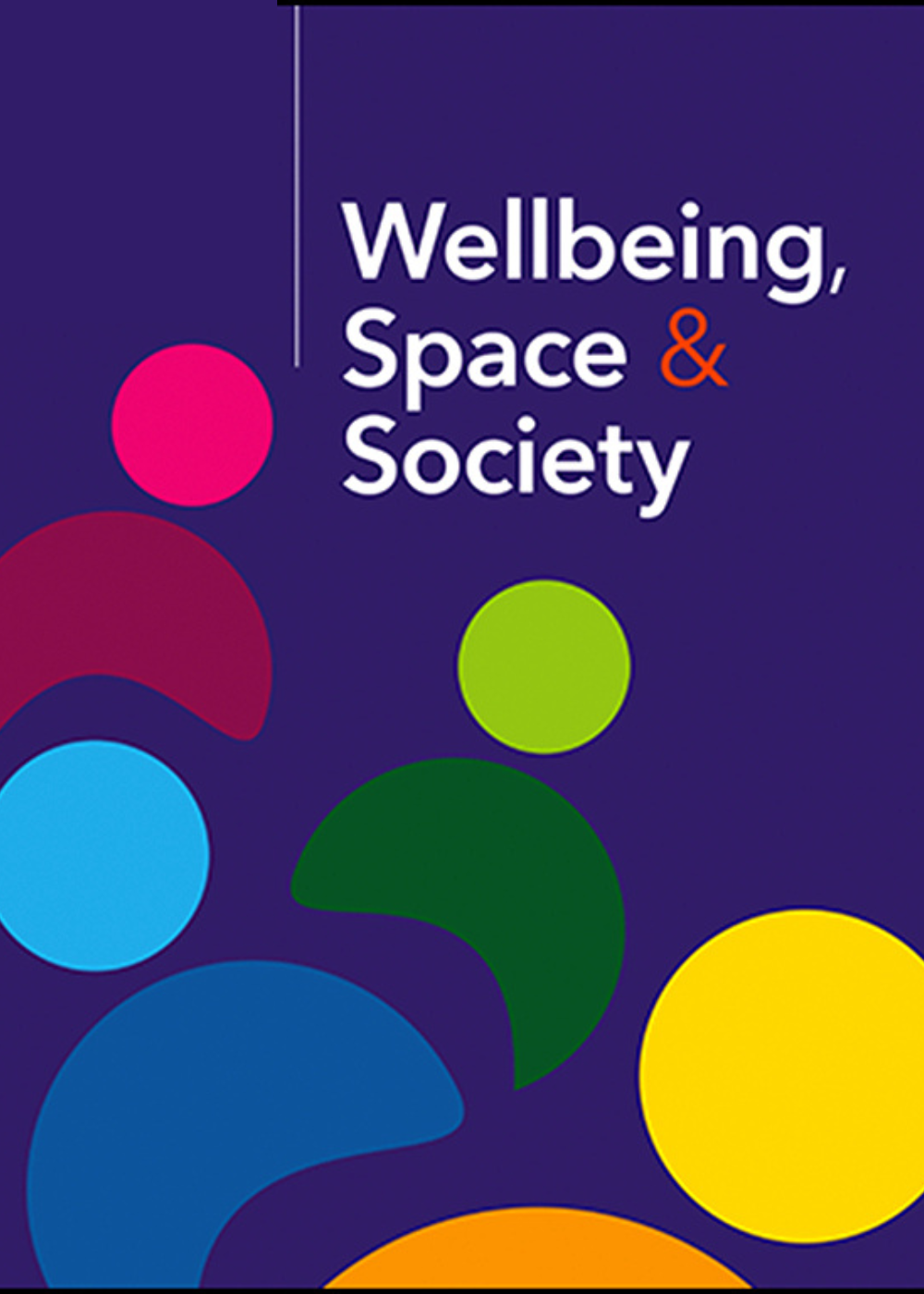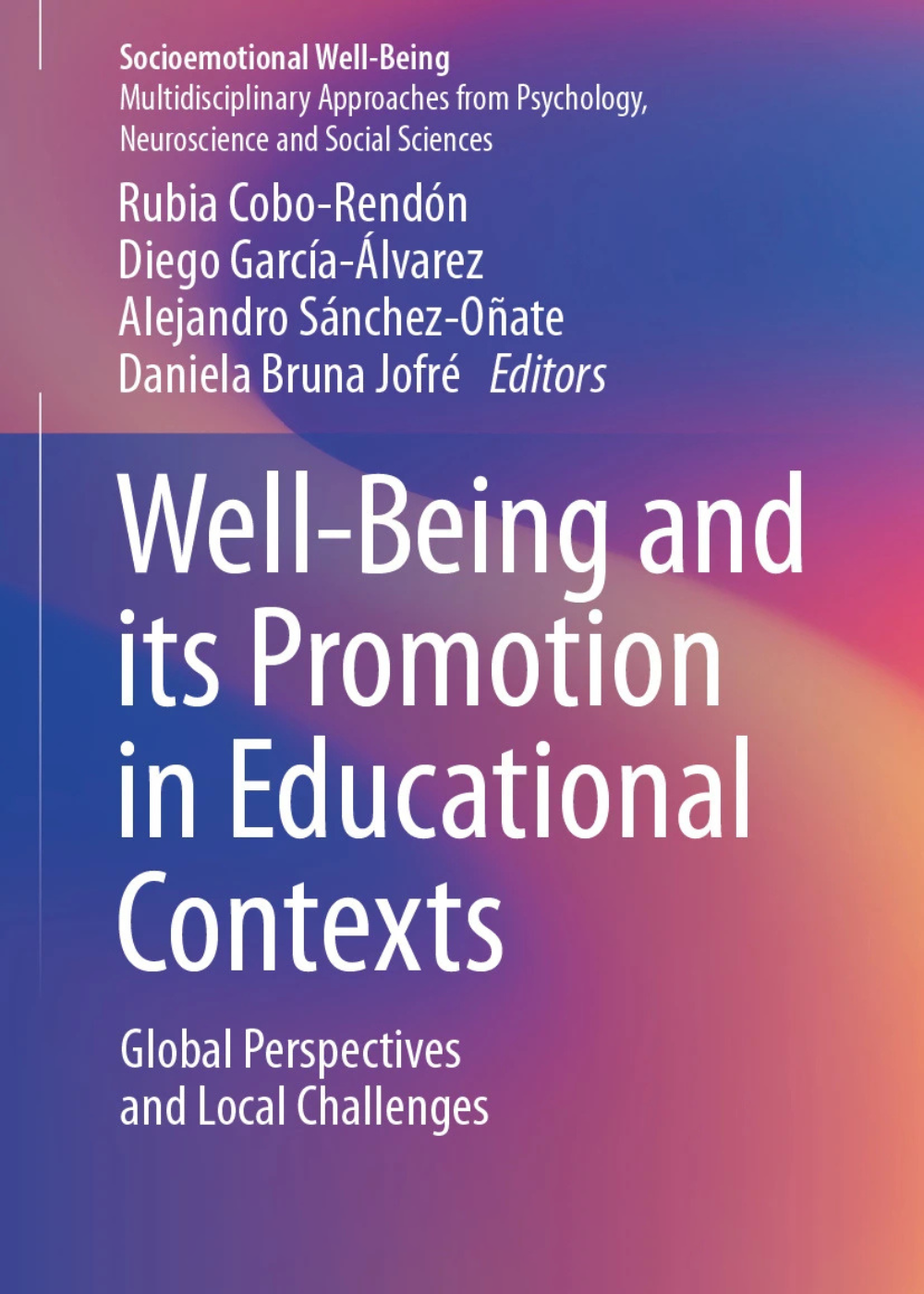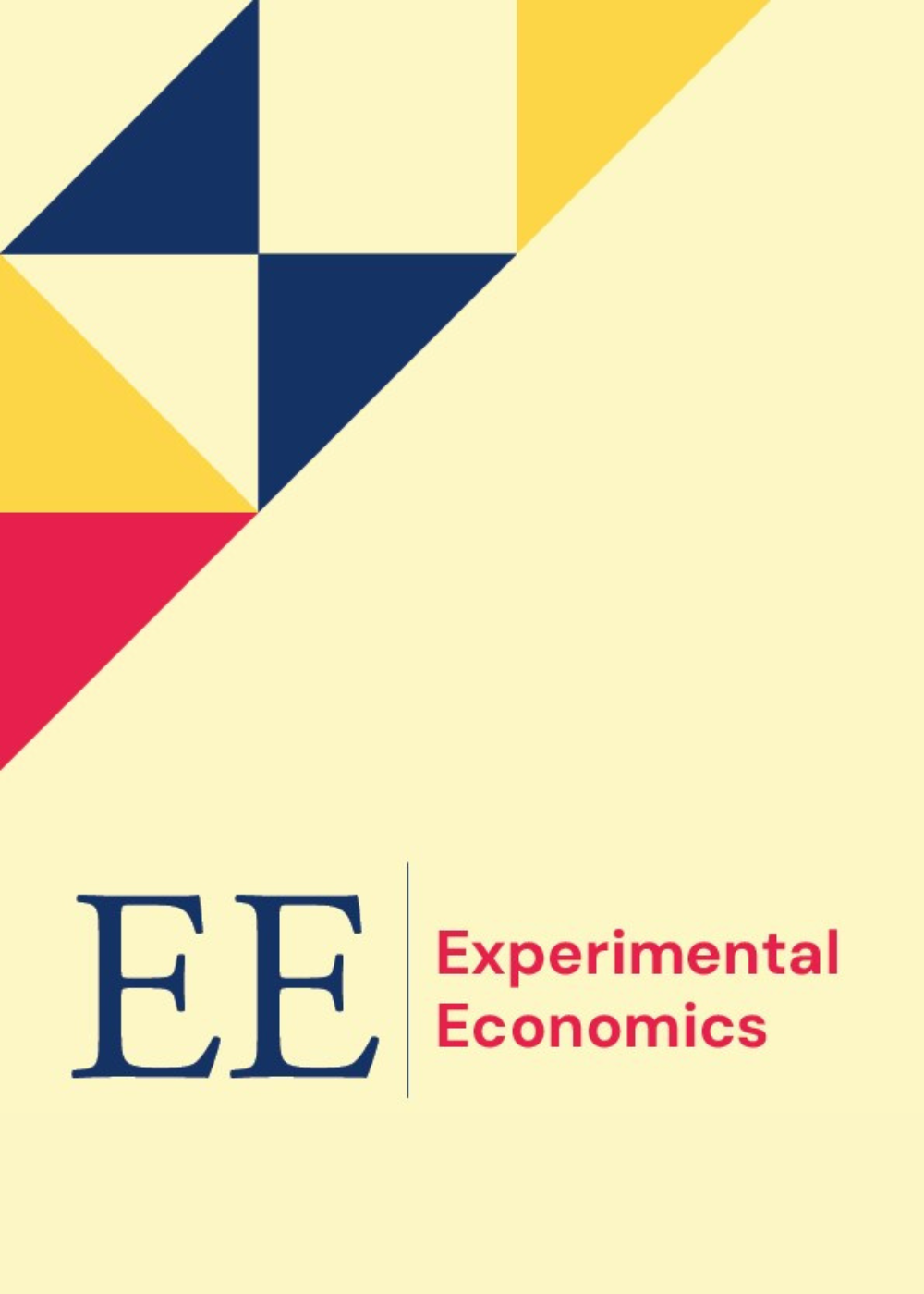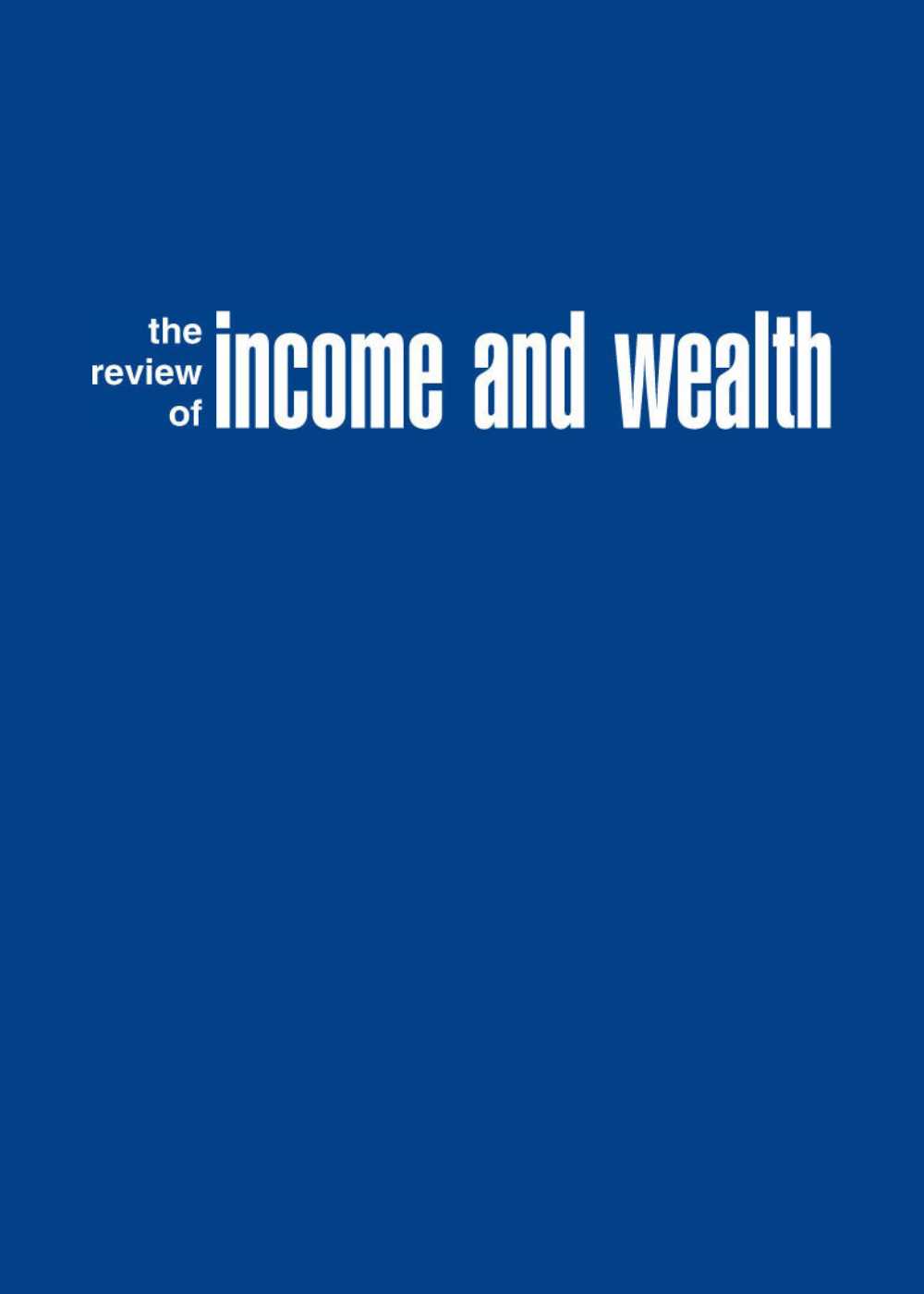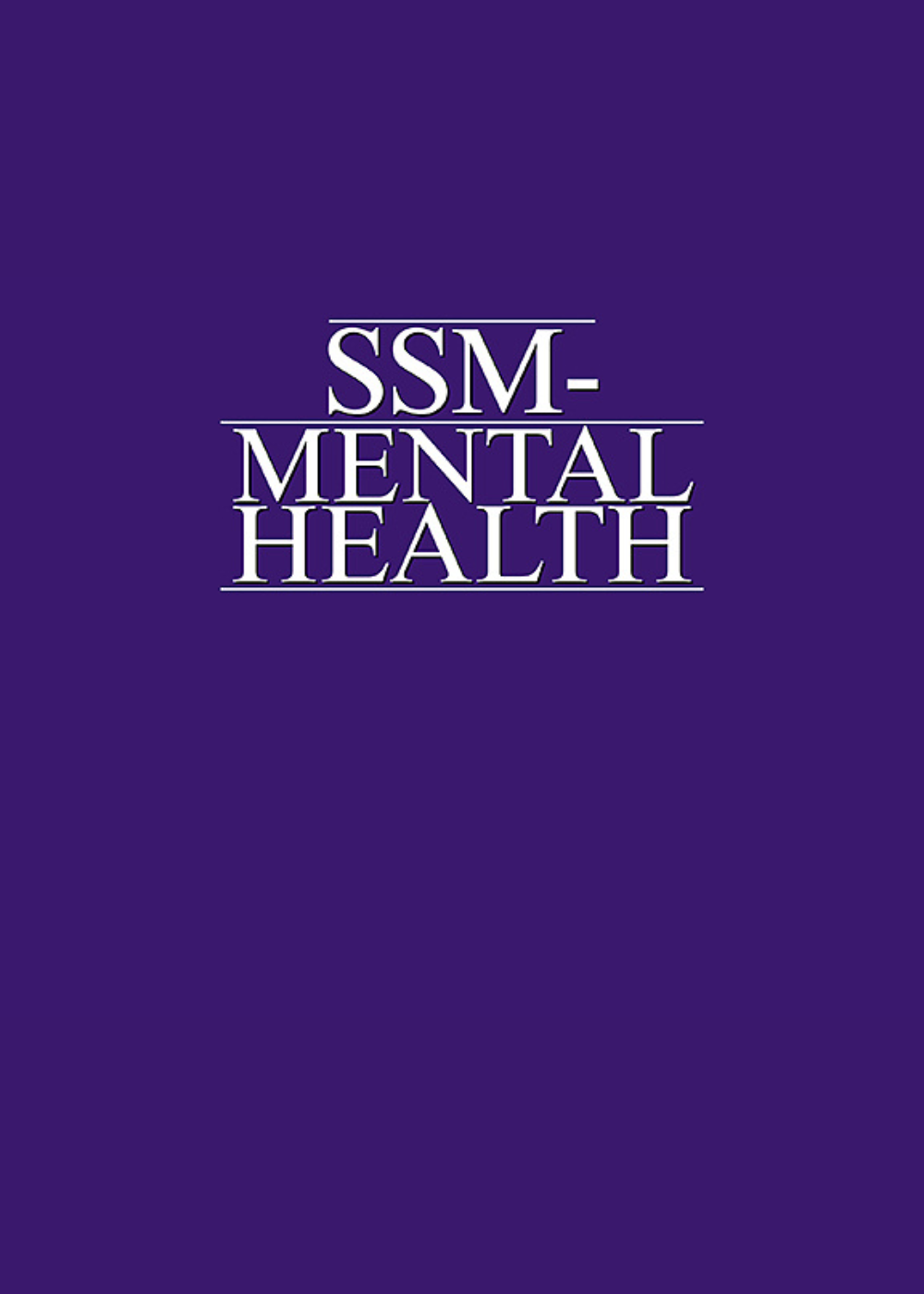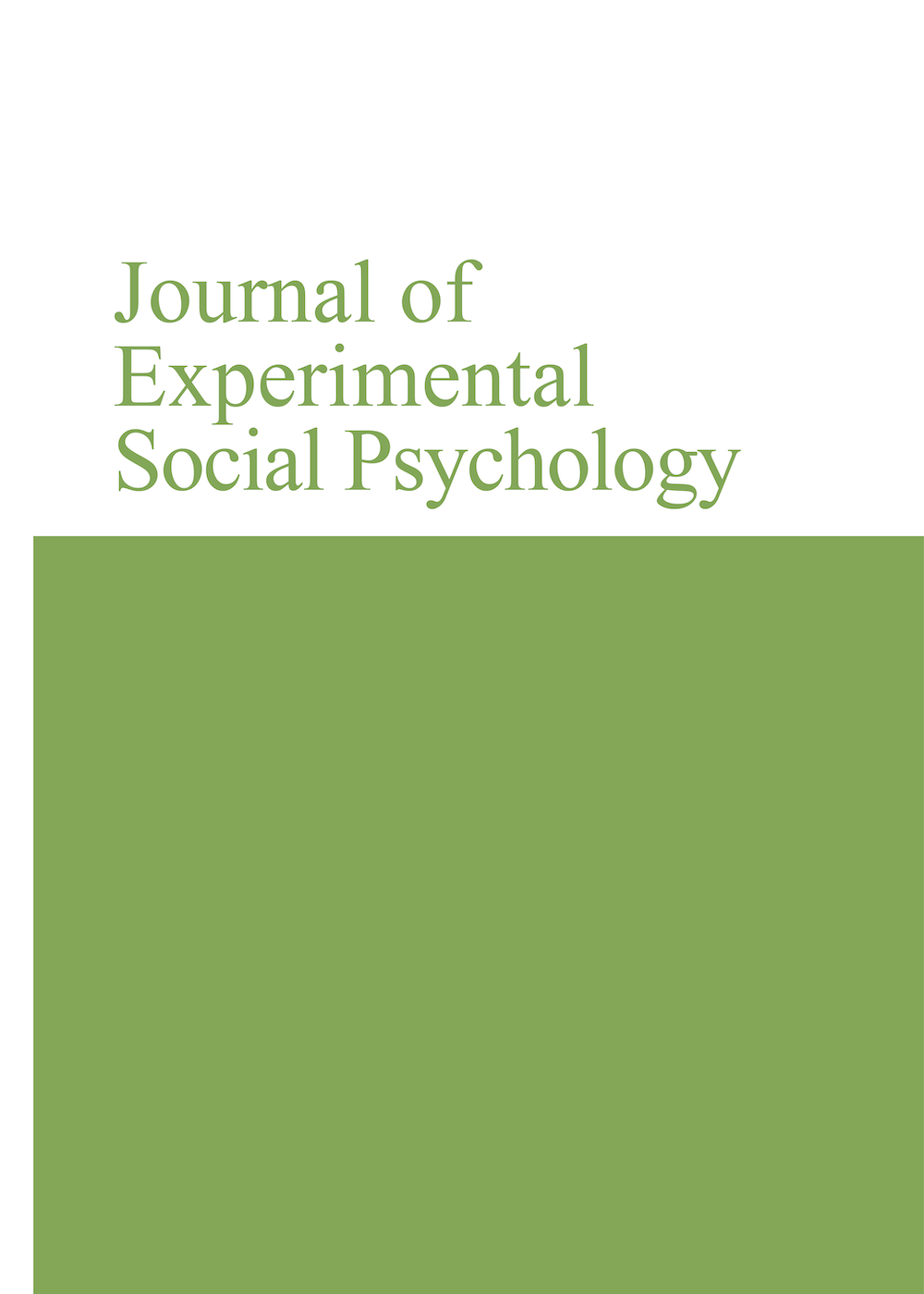
Recognizing and correcting positive bias: The salient victim effect
Journal of Experimental Social Psychology
Emily M. Zitek, Laura M. Giurgeand Isaac H. Smith
Abstract
People seem to have stronger disapproving reactions when they have unfairly suffered from bias than when they have unfairly benefited from it (i.e., they seem less concerned when they have experienced positive bias). Is this because people do not care about the consequences of bias if it has positively affected them, or is it because they fail to notice positive bias? We argue that it is the latter, and that increasing awareness of a victim who has been harmed can “remove the blinders” of the beneficiary of bias. Across seven pre-registered studies of American participants, we tested the effect of a salient victim on people who have experienced positive bias. Our results show that when a victim has been made salient, beneficiaries of bias are more likely to recognize and condemn the positive bias, and they are also more likely to act to correct it. We found this salient victim effect when people reflected on their own positive treatment in society, when they benefited from favoritism in interpersonal interactions, and when they imagined benefiting from nepotism. The effect emerged with both direct and indirect manipulations of the victim. Moreover, the presence of a salient victim spurred more action in those who experienced positive bias even when there was a personal cost. We discuss the contributions of our research to the fairness, morality, and bias literatures.
